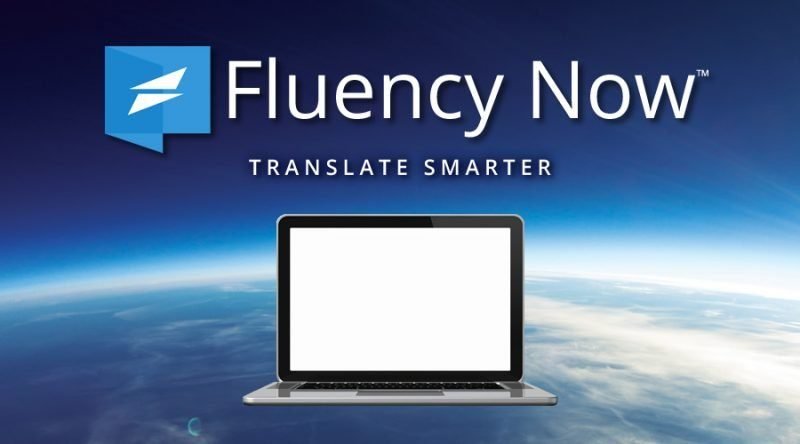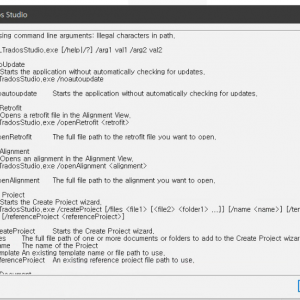Why You Should Set a Minimum Charge for Your Translation Work
A translator has to go through quite a lot of steps and tasks besides actual translation work from the moment he/she starts a project until it is finished.
Sending and receiving files over e-mail, checking the content of the file and evaluating whether or not you can comfortably finish the translation by the deadline, the actual translation work, self proofreading, making an invoice, printing and storing the invoice, attaching the completed translation and the invoice to an e-mail and sending them…
Without minimum charge, however, you will end up with almost nothing after performing all these tasks, going through all these steps, and being busy all day.
Suppose you agreed to get paid 10 cents per word for a very small 50 word document translation, you will be receiving just $5 for that project. Do you see what the problem is? Suppose that you’re doing around 10 of these projects a day. You will be busy doing this and that, but no matter how many of these small projects you do, you will only end up busy and tired while the payment for your hard work will be so small that it will be of no help to you financially. No matter how small the job is, the basic tasks for each project remain the same, so if you calculate the time spent, these small jobs might actually make the translator suffer a loss.

That is why there’s such a thing as a minimum charge. This is a base rate that guarantees you a default amount no matter how small the translation file is.
How Much Should You Set as Your Minimum Charge
There is no right answer to deciding what to set your minimum charge as; it all has to do with a translator’s personal business strategy. If those of you who only want to work on big projects and avoid small ones, or those who don’t have a lot of time to work (housewives translating as a side job, part-time translators, etc.) set your minimum charge high, you will be somewhat more free from small miscellaneous work. On the other hand, if you set your minimum charge lower, the number of agencies you can deal with increases and there are lots of minimum jobs that would normally go for a much lower price than your minimum charge, so it’d be beneficial to do those jobs. For example, translating one or two sentences and receiving $20 or $25 is not bad at all when considering the rate of productivity per hour.

Enforce Your Minimum Charge
No matter what you set your minimal charge as, you must make that clear and firmly enforce it. Agencies all understand the translators’ practice of minimum charge, so you’re only harming yourself if you don’t enforce it. However, for really short and simple questions like “how do you say ‘Korean’ in Korean?” I often feel too embarrassed to ask them for a PO. So I just tell them through e-mail that it’s called “한국어” and then add that I am doing this one for free. Note that I do not make it cheap like $5 or something. It’s either my minimum charge or for free. That way, I am happy either way. If I charge my minimum fee, I get a good return for my time invested; if I give away something really simple for free, my clients will be grateful (and I don’t need to create an invoice). :D
I discussed only translation minimum charge in this post. To read more comprehensive discussion on your translation rates, read this post: Translation Rates: How to Set Them Initially, When and How to Raise them Later.







